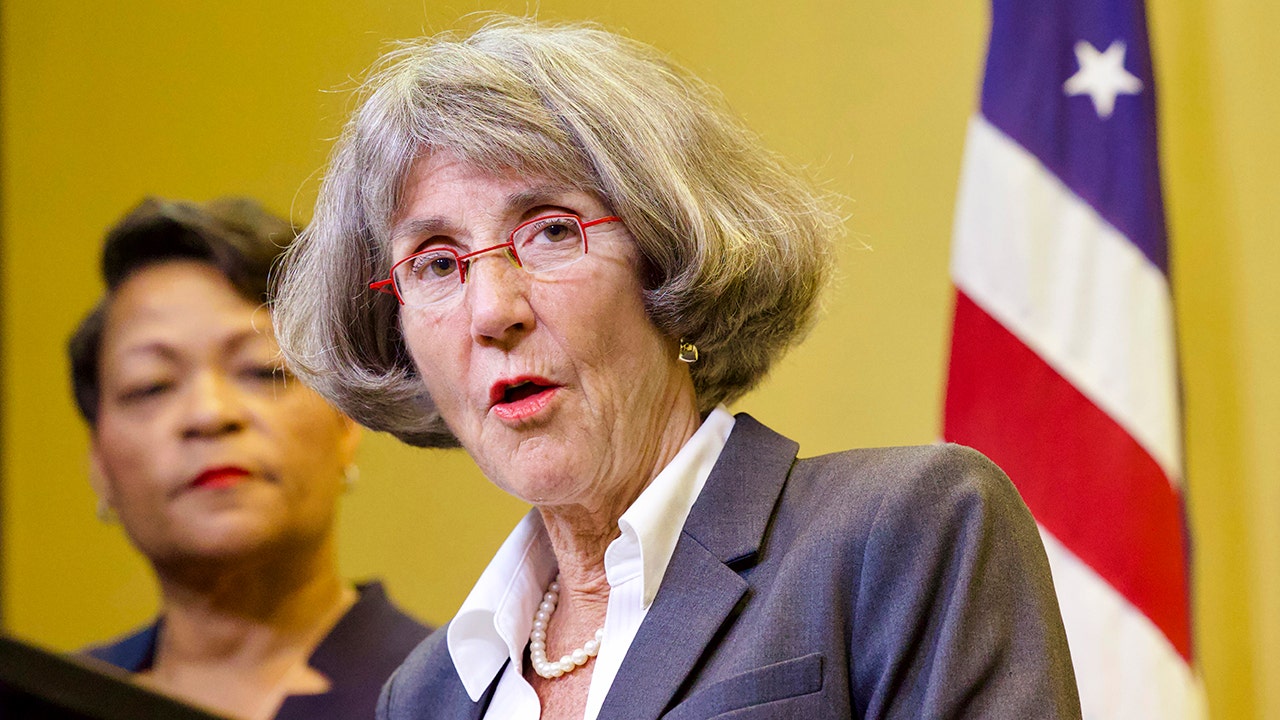Then, as partisanship deepens, partisan subcultures can get increasingly weird. They become so convinced of the us-versus-them dynamic that they’ll eventually believe virtually anything, as long as it’s a claim against the other side. MAGA’s Taylor Swift conspiracies, in which her popularity is some sort of liberal psyop, and election denial conspiracies sprang from the same poisonous partisan well. If decades of partisanship have persuaded you that your opponents are evil, have no morals and want to destroy the country, then why wouldn’t they hack voting machines or recruit a pop star as a government asset?
George Orwell famously wrote that “to see what is in front of one’s nose needs a constant struggle.” We can’t simply tut-tut against the pernicious effects of pure partisanship; we have to struggle against it, including within ourselves. I have some rules to help temper my worst partisan impulses. Among them: Expose yourself to the best of the other side’s point of view — including the best essays, podcasts and books. Also, when you encounter a new idea, learn about it from its proponents before you read its opponents.
And when you encounter bad news about a cause that you hold dear — whether it’s a presidential campaign, an international conflict or even a claim against a person you admire, take a close and careful look at the evidence. Your opponent may be right, your friend may be wrong, and your emotions will often lead you astray.
Some other stuff I did
On Sunday, I wrote a Mother’s Day reflection about watching my daughter become a mother in the most trying of circumstances. It began like this:
“Dad, I don’t think I’m old enough to handle this.”
Those words were hard to hear. They were my daughter’s words of despair when she received the worst news of her life: The baby she was carrying suffered from grave defects. That sweet baby, named Lila, was diagnosed with gastroschisis, a dangerous condition in which her intestines were developing outside her body. She also had only one healthy kidney, and her very small size indicated that she might have a fatal genetic anomaly.
My daughter’s response to that news was brave and beautiful. Please read the whole thing.
On Tuesday, I hosted a written conversation online with Rebecca Roiphe, a former assistant district attorney in the Manhattan D.A.’s office, and Ken White, a former federal prosecutor, to discuss Trump’s Manhattan trial and Michael Cohen’s testimony. They had a number of interesting insights, and this was one of my favorite exchanges:
French: Stormy Daniels’s testimony was far more riveting and disturbing than I anticipated. She described a sexual encounter that was fundamentally exploitive and potentially even predatory. In the aftermath, Trump’s lawyer moved for a mistrial, claiming that the details of that testimony could prejudice the jury. What was your assessment of her testimony? Did the prosecution make a mistake in asking her to describe the details of the encounter?
White: This is all on Trump. He’s the one who decided, for ego reasons, to make repeated claims that the sexual encounter never happened. He could have rendered the details irrelevant by keeping his mouth shut, but he had to call her a liar. That makes it relevant. Yes, her description was skin-crawling. She wasn’t a great witness — she was argumentative and had trouble answering questions directly — but she did what the prosecution needed her to do.
Roiphe: The prosecution was in a difficult position. It needed to establish that this story would have been disturbing, so much so that Trump would find it necessary to suppress it. But the judge had admonished them not to bring out too many details. The media got caught up in the sex scene at the expense of the real point of the testimony, and it’s possible that the jury did as well. But I don’t think it will ultimately undermine the case.






